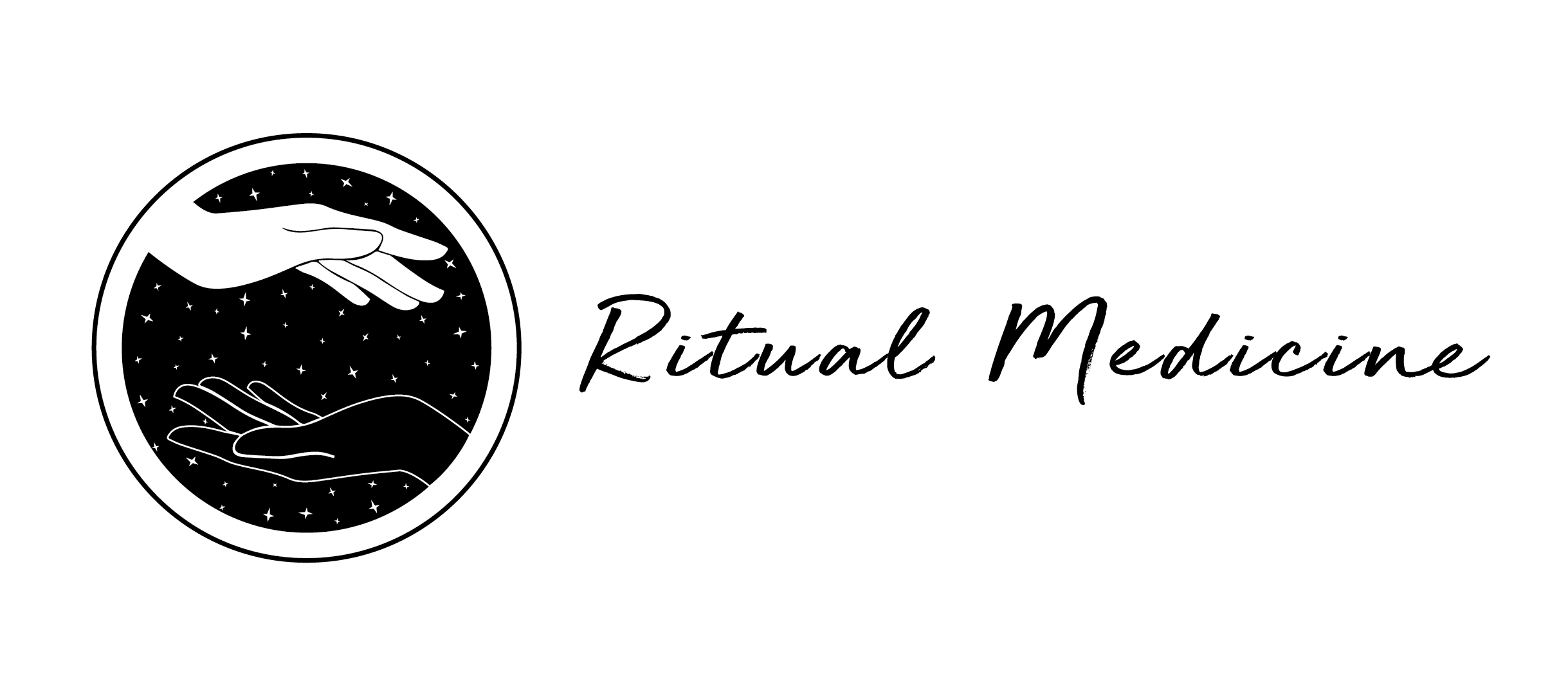Herbal medicine for postpartum
One of my favourite ways to support mums postpartum is through diet and herbal medicine. It is an accessible and super safe way to gentle nourish the body after pregnancy and labor.
This is also one of the best ways to plan ahead for postpartum nourishment during the later stages of pregnancies. Most of my patients in their third trimester have begun food prep and meal planning. With some strategic planning, we can enhance the meal prep to make sure the body is recovering and regaining strength.
Dietary recommendations postpartum
- Goji berries – great for recovery and blood building.
- Warming spices like ginger, cinnamon, nutmeg, clove, nutmeg, black or white pepper, cardamom, orange peel, and fennel. *Ginger is great for postpartum because of its warming properties and ability to help shrink the uterus.*
- All kinds of broth! chicken, beef, fish, mushroom and seaweed. Drink it like a cup of coffee, cook grains with it or make soup or stew with it *the tip I always recommend, is making a big batch of broth, and freezing it into ice cube trays so for daily consumption, pour boiling water over 1-2 broth cubes and consume in a coffee or travel mug*
- Seaweed is mineral rich, high in protein and iron. Great option for miso soup!
- Mushrooms (shitake, chaga, reishi) are great immune boosters.
- Eggs to nourish the body and the rebuild after blood loss.
- Teas: Nettle is high in iron and can help with immunity. Red raspberry leaf supports uterine health and mothers milk tea by traditional medicine is a great!
Herbal medicine post partum
For some, dietary recommendations alone are not enough to help with the symptoms presenting. In cases, herbal formulas can provide a bit stronger benefit (while still being safe for breastfeeding).
I will prescribe herbs such as:
- Astragalus: immune boosting, helpful for energy levels and fatigue, for prolapse
- Ginseng: warming and nourishing, immune boosting, for some can help with anxiety due to deficiency after labor
- White peony: nourished the blood, reproductive blood flow
- Dong Quai/ Angelica: blood building
*these are an example of herbs used and is not to be used in lieu of a personalized prescription*
For a customized diet or herbal plan for your postpartum recovery, please call 1 778 400 6360.





